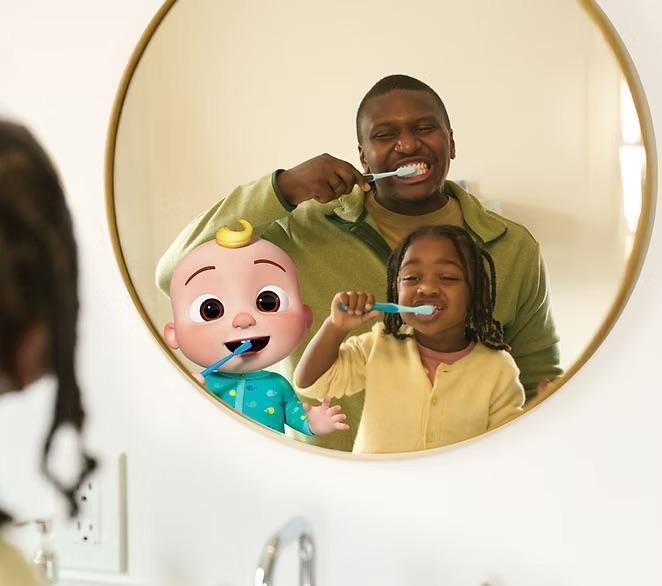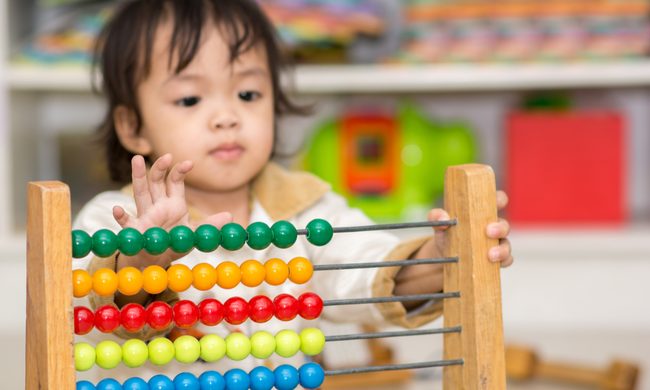
Parents navigating the landscape of kids’ media often question which content genuinely benefits their little ones. Among the most popular kids’ shows today, educational programming like CoComelon has captivated young audiences worldwide, but many caregivers wonder: beyond its ability to entertain, does this musical series offer real developmental value?
Research and child development experts have revealed many details about the educational framework behind the animated series, its potential benefits, and how caregivers can maximize positive outcomes when incorporating such content into their kids’ routines.
Educational Foundations and Expert Development
What sets quality kids’ programming apart often lies in its developmental foundation. CoComelon creates content in collaboration with child development specialists to ensure each episode aligns with age-appropriate learning milestones. This approach transforms seemingly simple songs and stories into tools that support crucial early developmental skills.
“Research shows that when used thoughtfully, media helps kids build routines, grow vocabulary, and bond with their families. It’s why teachers and parents have trusted it for decades. CoComelon teams up with child development experts to craft episodes that tap into how kids actually learn – through music, repetition, and joyful storytelling. That care has made CoComelon a trusted part of daily life for millions of families,” says Richard Hickey, Chief Creative Officer, Moonbug Entertainment.
This expert-informed approach results in content strategically designed to help kids navigate important developmental stages and daily challenges through engaging musical formats. Rather than random entertainment, each song serves specific learning objectives related to age-appropriate milestones.
Key Developmental Areas Supported
Research indicates that quality kids’ media can support multiple developmental domains when thoughtfully created. CoComelon focuses on teaching life skills through music, following relatable characters like JJ and his friends through everyday adventures. From recognizing colors to mastering potty training and building friendships, these stories aim to provide kids with easy to understand models and parents with frameworks they may be able to implement.
Several specific developmental areas receive particular attention:
Social-Emotional Learning
According to a 2015 study published in the journal Child Dev, “stimulating parenting practices and enriching home environments can promote and sustain positive early development,” which can include thoughtfully selected media content that supports learning objectives. Through relatable scenarios depicting emotional regulation, friendship challenges, and family dynamics, the show helps kids recognize and process feelings in constructive ways.
According to experts, discussing content together with kids enhances learning and emotional development. When parents engage with their kids about situations portrayed in the show, they create valuable opportunities for emotional intelligence development.
Routine-Building and Life Skills
Perhaps most notably, CoComelon transforms potentially challenging daily routines into musical learning opportunities. The effectiveness of this method is evident in viewership numbers for routine-based content. With nearly 7 billion views for “The Bath Song” alone, parents find genuine value in these musical tools. These songs function as helpful mantras that guide kids through the day.
For example, the “Potty Training Song” provides kids with a memorable framework for understanding this important milestone. What makes this approach particularly effective is its ability to transform a potentially stressful experience into something fun and musical, aiming to remove pressure and create positive associations.
Similar benefits appear with other routine-based challenges:
- Bedtime routines: The “Yes Yes Bedtime Song,” with over 1.7 billion views on YouTube, has become integral to many families’ evening routines. The predictable, soothing melody helps signal to kids that it’s time to transition from activity to rest, often making this challenging shift smoother for both kids and caregivers.
- Eating habits: With over 3.3 billion views, “Yes Yes Vegetables” ranks as one of YouTube’s most popular videos in its category and has helped countless parents navigate picky eating. This musical approach aims to remove the pressure and power struggles that often surround mealtimes, instead creating a playful atmosphere that aims to encourage healthy choices without coercion.
Language Development
Music fundamentally supports language acquisition in early developmental stages. The repetitive, melodic nature of the show’s songs aims to create an environment suitable for vocabulary building and language pattern recognition. The show’s unique approach leverages the power of music to transform potentially frustrating moments into opportunities for connection and learning. This strategy draws on extensive research showing that music and repetition play crucial roles in early development.
Considerations for Thoughtful Media Use
While research supports the potential benefits of quality kids’ programming, experts emphasize the importance of thoughtful implementation. Parents should consider several factors when determining how shows that teach life skills fit into their family’s media diet:
Age-Appropriate Content
The most beneficial media experience matches a kid’s developmental stage. CoComelon offers content designed to grow with kids from simple nursery rhymes for infants to more complex narrative stories for preschoolers, providing age-appropriate content that supports key milestones.
This developmental progression helps parents find relevant content as their kids grow and creates a relationship with families that extends beyond a single developmental phase.
Intentional Selection
Not all kids’ programming offers equivalent benefits. A significant aspect of a judgment-free approach to kids’ media involves helping parents feel confident about their media choices. Rather than positioning screen time as something to feel guilty about, the emphasis should be on how thoughtfully selected content can become a valuable parenting resource.
The educational value of programs like CoComelon stems from their intentional design, expert input, and focus on developmental milestones—factors parents should consider when selecting content.
Balanced Media Diet
Just as a nutritious diet requires variety, a healthy media diet benefits from thoughtful balance. The American Academy of Pediatrics recommends that kids ages 2-5 limit screen time to one hour per day of high-quality programming, ideally watched alongside parents.
This guidance aligns with the balanced approach advocated by child development experts collaborating with CoComelon, who emphasize that screen time should complement rather than replace essential activities like physical play, social interaction, and sleep.
The Parental Support Component
Beyond direct benefits to kids, quality programming provides valuable support to caregivers navigating the challenges of early development. In a world where parenting advice flows endlessly from social media feeds, mommy blogs, and well-meaning relatives, finding judgment-free support has become increasingly rare. Recent data indicates that 41% of parents feel too stressed to function most days, highlighting the immense pressure modern caregivers face.
Programs like CoComelon acknowledge this reality, offering practical support through catchy tunes and relatable scenarios that help families navigate everyday challenges. This refreshing approach acknowledges a fundamental truth: parenting is messy, beautiful, and sometimes overwhelming – and that’s perfectly okay.
The Verdict: A Tool in the Parenting Toolkit
When evaluating whether CoComelon benefits kids, research and expert opinions suggest it can serve as a positive developmental tool when used thoughtfully. Like any quality educational media, its value depends largely on implementation—how parents integrate it into a balanced approach to early stages of learning and development.
The kids’ entertainment series offers research-based content that supports key developmental milestones through engaging, musical formats. When paired with active parent involvement and balanced within an overall healthy routine, such programming can contribute positively to early childhood learning experiences.
Rather than viewing kids’ media in binary terms as simply “good” or “bad,” parents benefit from understanding it as one tool among many in supporting their kids’ development.
Quality programming offers unique benefits—particularly in areas like routine-building, emotional intelligence, and language development—that complement the irreplaceable value of human interaction, physical play, and diverse learning experiences.
By approaching kids’ media with intentionality and balance, parents can leverage its potential benefits while minimizing concerns, creating an examined media experience that aims to support their kids’ growth and family’s well-being.
This article is for informational purposes only and does not substitute for professional medical advice. If you are seeking medical advice, diagnosis, or treatment, please consult a medical professional or healthcare provider.


